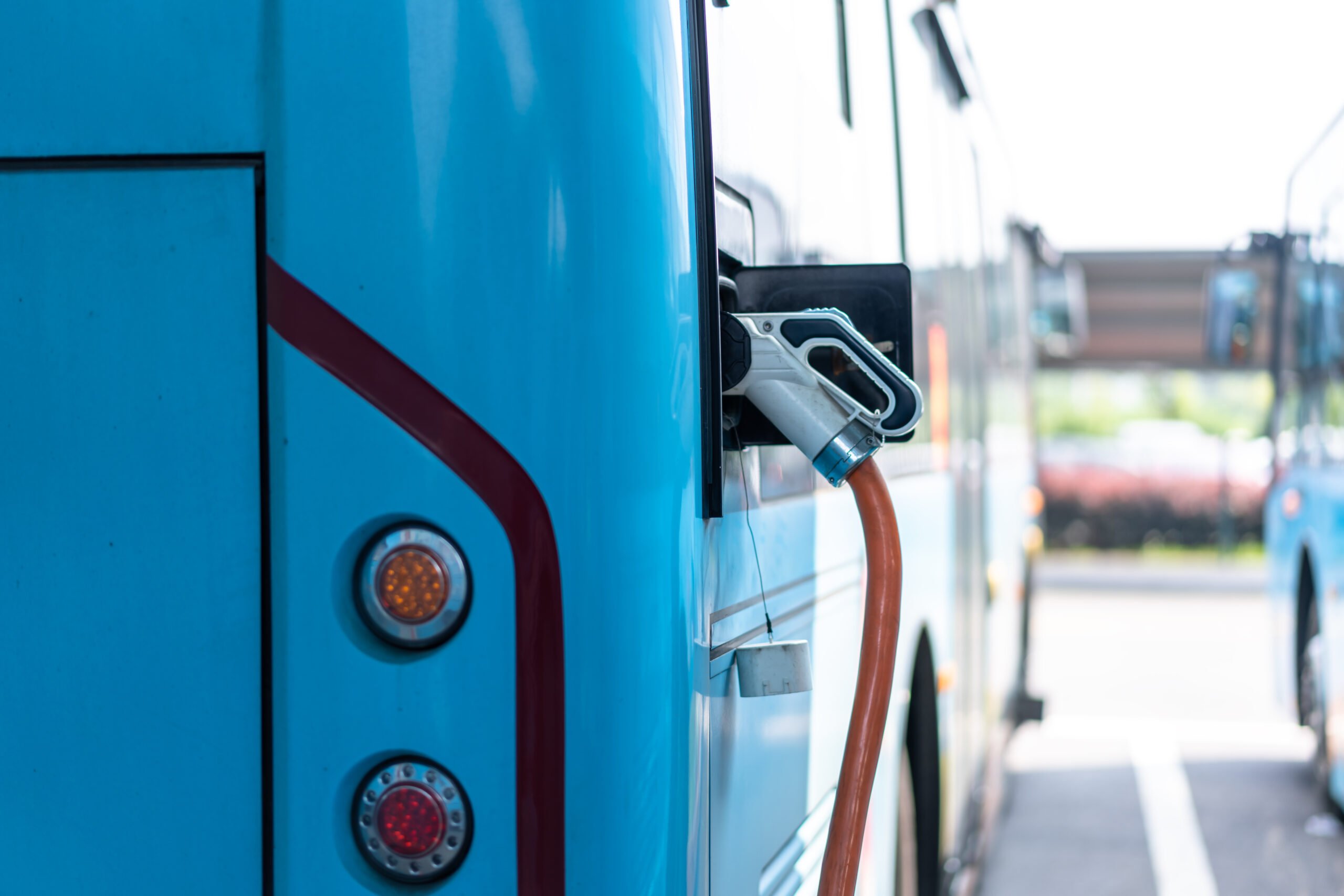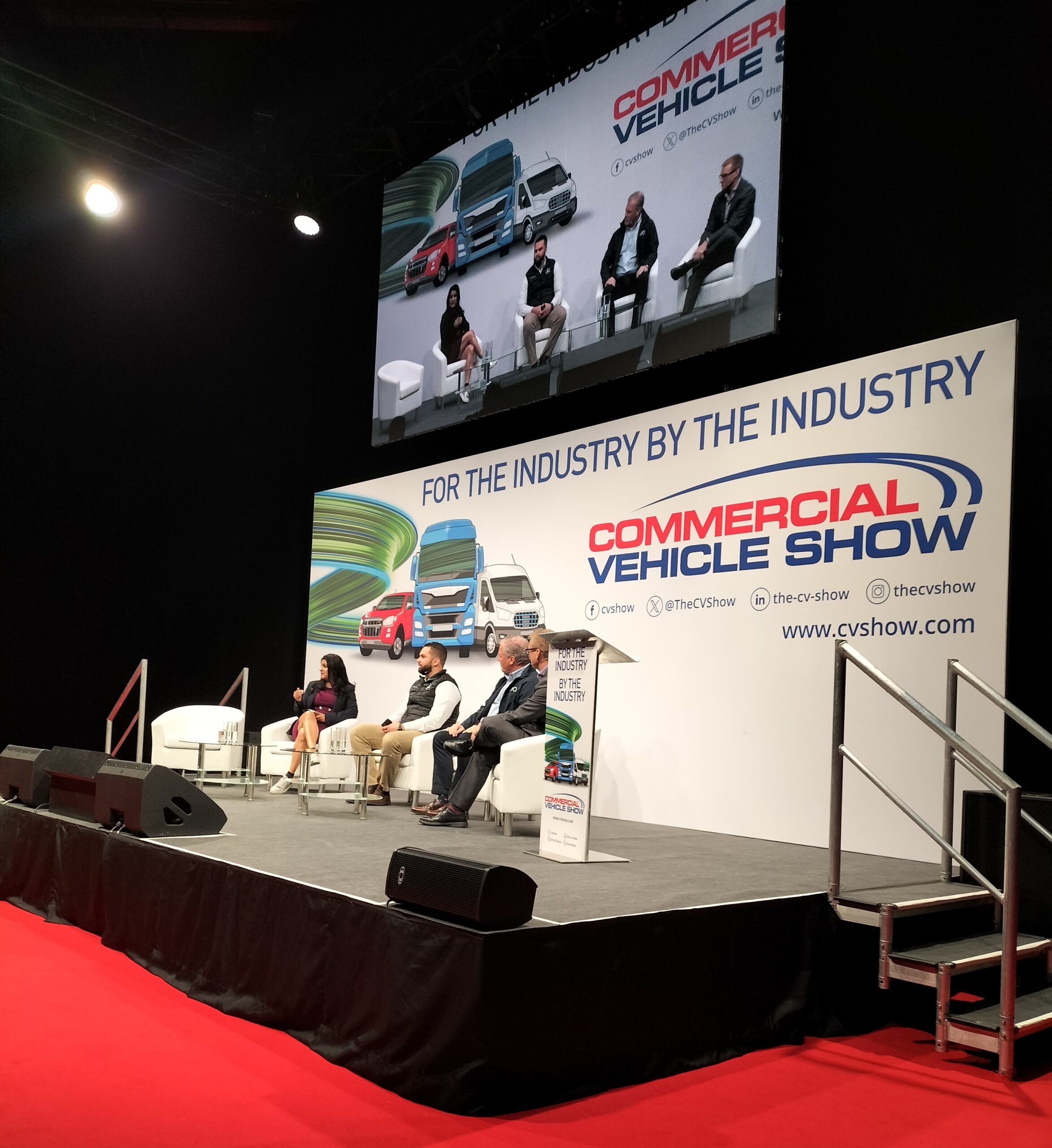- UK car manufacturing fell 8.4% in May to 129,355, but still outperforms pre-recession levels.
- Output has remained flat during the first five months of 2013, falling just 0.6% to 632,804 units.
- Demand from the home market continues to grow, fuelling production rises of more than a quarter so far this year.
- Weak demand in European markets has curbed overall car output.
- Independent analysts suggest that UK car output will rise over the full year.
“Despite output falling this month due to weak European demand, UK car manufacturing in May was above 2007 levels,” said Mike Baunton, SMMT Interim Chief Executive. “Production levels are holding firm for the year so far, testament to the appeal of UK-built products around the world and significant growth in volumes built for the home market. While economic challenges abroad will impact on car output in the short-term, high-value investment by global automotive companies sets UK industry on course for prosperity in the long-term.”
| Car manufacturing | May-12 | May-13 | % Change | YTD-12 | YTD-13 | % Change |
| Total | 141,146 | 129,355 | -8.4% | 636,923 | 632,804 | -0.6% |
| Home | 21,026 | 24,011 | 14.2% | 108,719 | 136,542 | 25.6% |
| Export | 120,120 | 105,344 | -12.3% | 528,204 | 496,262 | -6.0% |
| % export | 85.1% | 81.4% | 82.9% | 78.4% |
Downward trend continues for UK CV manufacturing
- Commercial vehicle (CV) output fell 20% in May to 7,560 units.
- The decline was broadly in line with the 16.1% fall seen during the year-to-date.
- Output for the home market showed further growth, but could not offset export losses. Export volumes were down almost a third in the month and 31.5% for the first five months of 2013.
“Commercial vehicle manufacturers continue to battle against weak demand, particularly abroad, with output sliding 20% in May. Demand for UK-built CVs in the home market grew moderately, but this was not enough to lessen the significant drop in export volumes,” said Nigel Base, SMMT Commercial Vehicle Manager. “2013 is going to be a hard year for the UK’s CV manufacturers but there are pockets of positivity with some areas of the industry experiencing growth as operators take advantage of the wide range of CVs built in the UK.”
| CV manufacturing | May-12 | May-13 | % Change | YTD-12 | YTD-13 | % Change |
| Total | 9,445 | 7,560 | -20.0% | 47,729 | 40,037 | -16.1% |
| Home | 3,615 | 3,664 | 1.4% | 18,792 | 20,227 | 7.6% |
| Export | 5,830 | 3,896 | -33.2% | 28,937 | 19,810 | -31.5% |
| % export | 61.7% | 51.5% | 60.6% | 49.5% |
UK engine production declines 8.2% in May
- UK engine output fell 8.2% in May to 223,025 units.
- Output during the year-to-date dropped 3.4% to 1,133,091 units.
- In line with vehicle manufacturing trends, engine production fell in May after a surge in April, with growth in output for the home market but double digit declines in exports.
| Engine manufacturing | May-12 | May-13 | % Change | YTD-12 | YTD-13 | % Change |
| Total | 242,937 | 223,025 | -8.2% | 1,133,091 | 1,094,732 | -3.4% |
| Home | 92,387 | 95,000 | 2.8% | 406,410 | 433,119 | 6.6% |
| Export | 150,550 | 128,025 | -15.0% | 726,681 | 661,613 | -9.0% |
| % export | 62.0% | 57.4% | 64.1% | 60.4% |





